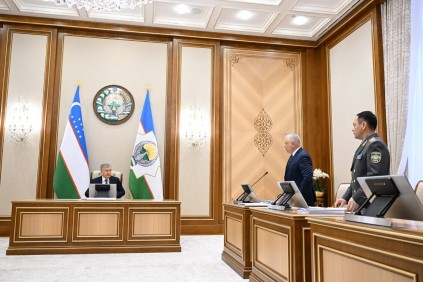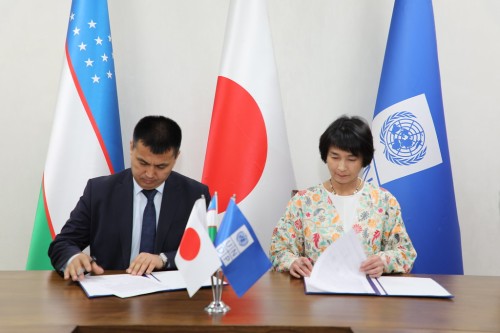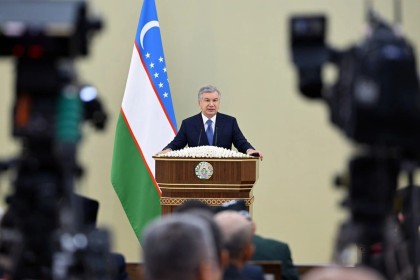At its Jan. 20 session, the Senate passed amendments aimed at improving environmental safety. According to the senators, ever expanding construction, manufacturing and urbanization are causing an increase in the amount of pollutants released into the environment.
The current laws provide for the limitation and suspension of the operation of facilities that have a harmful impact on the environment for a period of no more than 10 working days to prevent the occurrence of emergencies, epidemics and other real threats to the life and health of the public.
However, in this case, the concept of “other real threat” is a general concept, which leads to different interpretations in practice and the emergence of corruption related to the breadth of discretionary (depending on personal discretion) powers of government agencies.
Therefore, this concept has been changed to “threats to the life and health of the public in connection with excess pollution of the environment” and relevant amendments are being made to the Nature Protection Law, Air Protection Law and Environmental Control Law.
According to the senators, the amendments would serve to improve the environmental situation, create additional legal grounds to prevent threats to the life and health of the public, protect businesses, as well as eliminate corruption factors and increase the responsibility of government agencies.
Senate spokesperson Tanzila Narbaeva said that environmental laws and legislation should not have “vague rules that could be interpreted and applied in different ways.”
“In practice, such a situation can cause various problems, misunderstandings, discontent and, worst of all, cases of corruption. From this point of view, these amendments are very important. Because the degree of industrialization in our country is growing every year. Under such conditions, the scale of the environmental impact will also increase. Especially today, in our large cities such as Tashkent, such clear legal provisions are of great importance to prevent air pollution from exceeding levels,” she said.
She instructed the Committee for the Development of the Aral Sea Region and Ecology to “seriously address the problem of air pollution” in cooperation with government agencies, widely involving the public.













